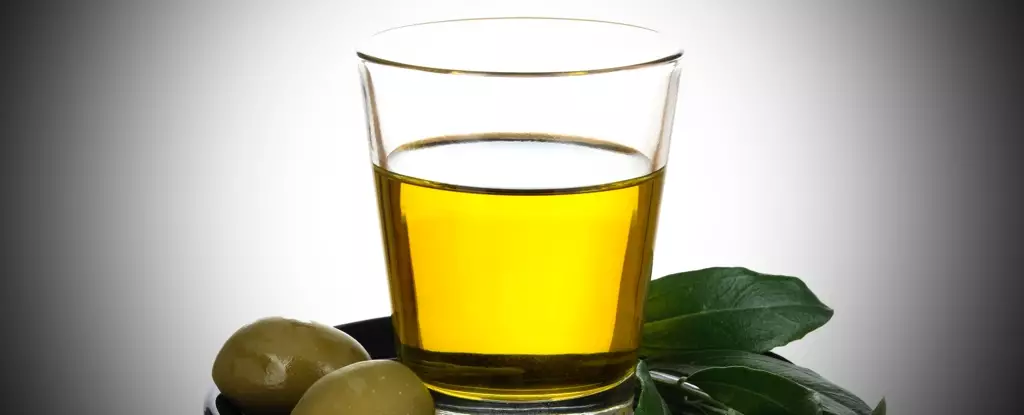The search for alcohol hangover cures has been ongoing for as long as alcohol has been consumed. One of the recent ideas that has gained attention is the notion that taking a shot of olive oil before consuming alcohol can prevent hangovers. This concept suggests that olive oil can create a coating on the stomach lining, slowing down the absorption of alcohol and reducing hangover symptoms. While this theory has been popularised by figures like music producer Benny Blanco, it is important to approach it with skepticism due to the lack of scientific evidence backing it up.
The theory behind the olive oil trick is based on the idea that its high-fat content can delay the absorption of alcohol in the stomach, thus lessening the intensity of hangovers. While it is true that fatty foods can slow down alcohol absorption to some extent, the effectiveness of this tactic is questionable. Alcohol is primarily absorbed in the small intestine, with only a small percentage being absorbed in the stomach. Therefore, even if olive oil slows down initial absorption in the stomach, most of the alcohol will still be absorbed later in the digestive process. Additionally, the body’s metabolism of alcohol is the main cause of hangover symptoms, and olive oil does not interfere with this process in a way that would prevent hangovers.
Preventing hangovers involves a comprehensive approach that includes factors such as hydration, nutrition, and moderation. While olive oil may have some impact on alcohol absorption, it is not a complete solution. Hydration is essential in preventing hangovers, as dehydration is a major contributor to hangover symptoms. Drinking water before, during, and after alcohol consumption can help maintain hydration levels. Consuming a nutritious meal before drinking can also slow down alcohol absorption more effectively than olive oil. Foods rich in protein, fats, and complex carbohydrates can provide a balanced approach to mitigating the effects of alcohol.
The most effective way to prevent hangovers is to drink in moderation. Setting limits and pacing alcohol intake can significantly reduce the risk of experiencing hangover symptoms. Additionally, replenishing lost nutrients after drinking can help the body recover. Foods and drinks that provide electrolytes and essential nutrients, such as sports drinks, fruits, and vegetables, can aid in hangover prevention. It is important to note that while some individuals may claim that the olive oil method works for them, these anecdotal accounts can be influenced by the placebo effect. Believing in the effectiveness of a remedy can sometimes lead to perceived improvements, even if there is no scientific evidence to support it.
While the idea of using olive oil as a hangover cure may seem appealing, it lacks substantial scientific backing. It is important to approach such remedies with caution and focus on established methods of hangover prevention such as hydration, nutrition, and moderation.

Leave a Reply